Thousands of Tunisian men traveled to Syria in the name of jihad
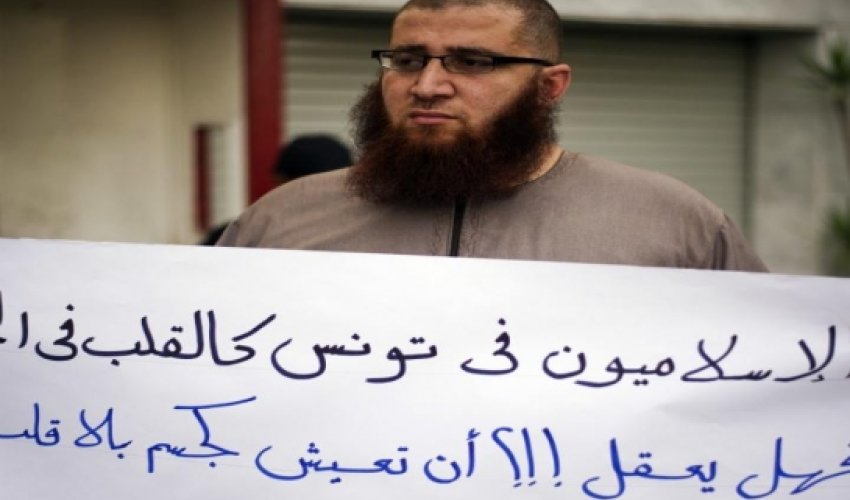
But his roommate in Libya, a fellow Tunisian enthralled by radical Islamist ideas, wooed him to the cause of jihad. On April 1, 2014, Gasmi turned up dead in Syria, where he had been fighting on the side of fundamentalist rebels opposed to the regime of Bashar al-Assad.According to his sister Latifa, Gasmi phoned his family a few months after his departure for Libya. On the last day of 2013 he called from a number in Turkey and told them that he was about to cross into Syria. A month later he called again, this time from a camp of the Islamic State of Iraq and al-Sham (ISIS), the group that has since renamed itself "the Islamic State." He was cleaning weapons, he said, and had not yet been sent out to fight.In their communications with him, the family kept trying to convince him to escape. Slim eventually ran away from ISIS. According to Latifa, her brother was captured by al-Nusra Front, the al Qaeda offshoot, and ended up joining them.When Slim's family tried to reach him again, someone else answered the phone. "Abu Qatada [Slim's nom de guerre] has been martyred this afternoon and we have already buried him," the voice told them. "May God have mercy on his soul.""If he'd had a decent job in Tunisia, he would have never gone off to Libya, and probably none of this would have happened," lamented Latifa. Despite seeing a photo that purportedly shows her brother's corpse, she continues to hope that he's still alive. "He was so kind and helpful. He was the neighborhood sweetheart," she said.Slim's sister did admit, however, that her brother had one problem: "He was very impressionable," she recalled. "If he spent time with criminals he would become the leader of the gang, and if he spent time with devout Muslims he would become their imam."Slim is one of thousands of Tunisians who have allegedly joined Islamist militants in Syria. The Tunisian authorities estimate that up to 3,000 Tunisian men are fighting with either the Islamic State or al-Nusra Front.While Slim's sister suggested that unemployment is what caused her brother to join the war in Syria, other examples show that the Tunisian fighters in Syria come from a variety of socioeconomic backgrounds. "We have cases of men from all over the country and from different social classes who have gone to Syria," said Mohamed Iqbel Ben Rejeb, president of the Rescue Association of Tunisians Trapped Abroad (RATTA), a civil society group that works on documenting and publicizing cases of Tunisians trapped in conflicts in other countries."There's this widespread assumption that they come from poor families," he said. "But we have many cases of people from well-off families and with stable jobs." Ben Rejeb added that most of the cases he has dealt with have involved students and young men under 30 who were vulnerable to indoctrination.In Tunisia, the radicalization process usually starts in mosques. Many mosques fell under extremist control during the turmoil that followed the 2011 uprising (a period marked by a general lack of security). Mosques were used to propagate an extremist religious discourse.Mahfoudh Balti, 53, whose son left for Syria two years ago, said that the recruiting networks usually start with inviting people to religious education circles. Those relationships soon develop into friendships providing young people with new social environments. Balti thinks that recruiters tend to take advantage of the religious void among young people. Decades of forced secularism and religious persecution in Tunisia, as well as the relative lack of alternative moderate religious teachings, have made young people easy targets."I blame the government and politicians for not doing their job and not keeping an eye on the religious discourse disseminated in mosques," said Balti. "Now they call our children terrorists. My son has been manipulated."The Ennahda Movement, the Islamist party that won the October 2011 elections, has been harshly criticized for being too lenient on religious extremists. The party has even been accused of colluding with the networks implicated in sending Tunisians to pursue jihad in Syria. Yet it's also possible to argue that Ennahda's relative laxity toward extremist religious groups in the early years of the revolution had more to do with politicians' failure to appreciate the seriousness of groups like Ansar al-Sharia in Tunisia. (The photo above shows a Tunisian sympathizer of the terrorist group Ansar al-Sharia in Cairo.) The assassination of leftist politician Chokri Belaid in February 2013 came as a wake-up call to the Islamist-led government and marked a turning point in the way Ennahda handled the issue of religious extremism in Tunisia.But by then it was too late. By the time the government started cracking down on militant groups, many of them had already established networks that recruited thousands of young Tunisians and sent hundreds of them to Syria. A recent study published by CNN concludes that Tunisians make up the largest contingent of foreign fighters in the civil war there."My son was an easy-going, funny kid," added Balti. "He didn't even grow a beard. He didn't know what he was doing. He wants to come back now."Today the Tunisian government is facing another challenge. Many of those who managed to go to Syria are coming back. The Interior Ministry has said that at least 400 Tunisians have returned to the country, many of whom have potentially taken part in the Syrian war.Countries in the West have been debating potential policies on how to handle such returnees. While Denmark has been putting in place innovative rehabilitation programs for its nationals who have fought in the war, the U.K. is weighing a tougher approach that might involve detainment and prosecution.In Tunisia, the government is still groping for a strategy to deal with the young men returning from the war. "Some of them [those who returned from Syria] have been sent to jail for months without trials, while others have been freed after a few days of detention," said Ben Rejeb. "There is no clear policy.... We have to figure out who is the victim and who is the terrorist. And who has come back to Tunis to recruit more young Tunisians."Mahfoudh Balti, who has been trying to help his son return home, has heard discouraging stories from the families of young men who have already come back. "They [the families] told me that their children were arrested as soon as they landed in Tunisia. The authorities didn't say anything to the family members." He shook his head. "I don't know what my son will be facing if he comes back," he said.Attempts to reach out to the Ministry of Interior for comment were unsuccessful.(foreignpolicy.com)Bakudaily.Az
Latest news 
More news 

























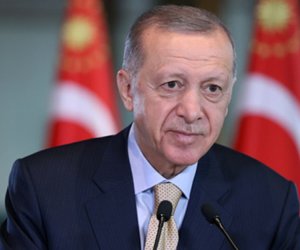
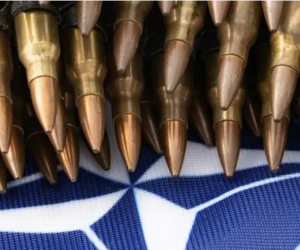

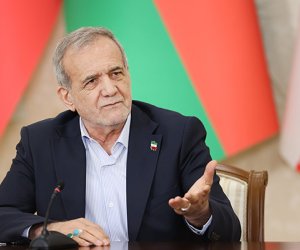


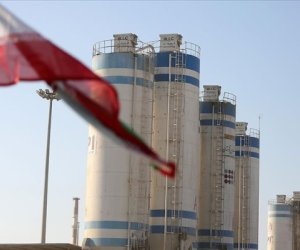



 Photo
Photo 



 Video
Video 

